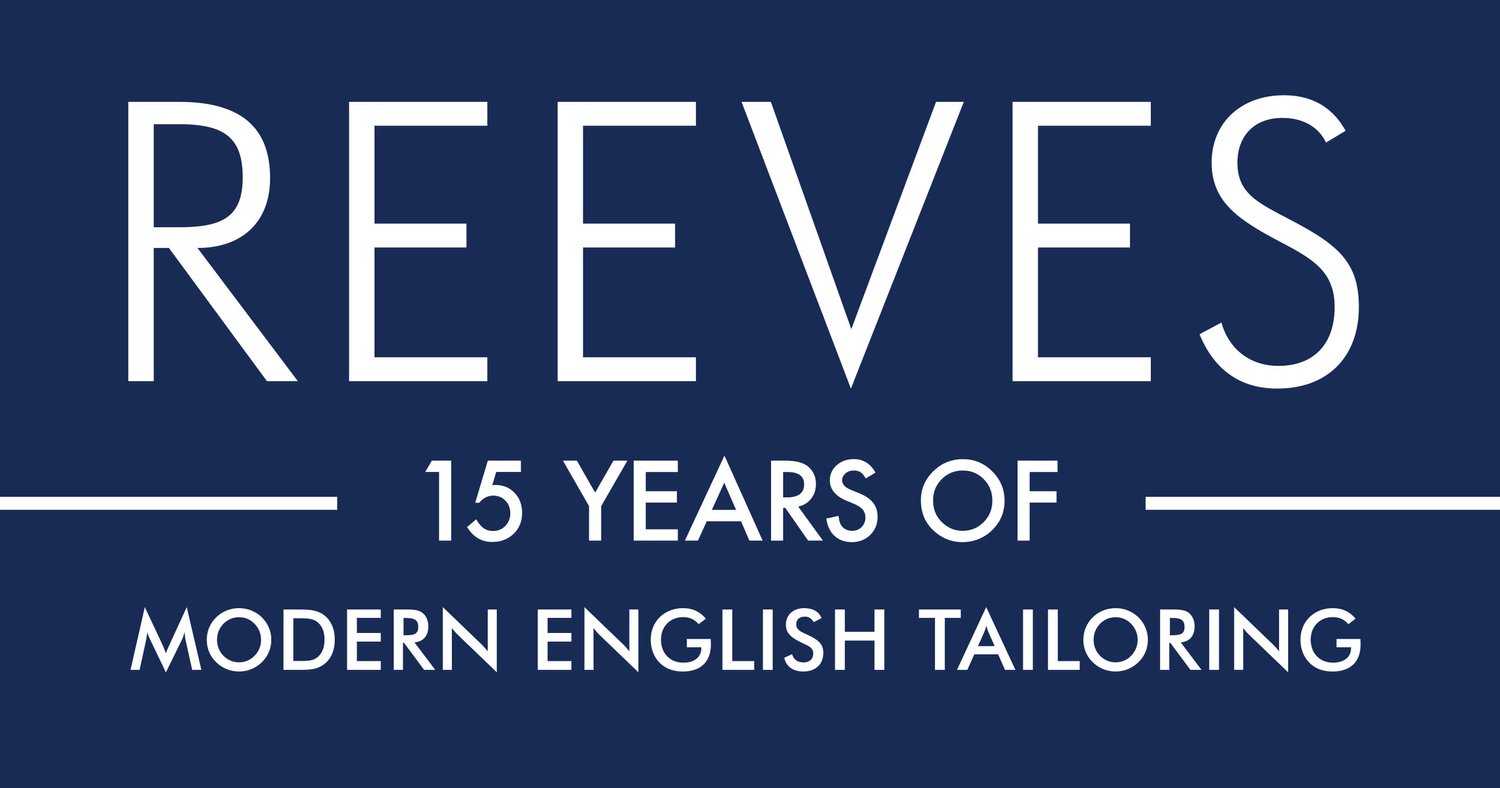Deciphering the Distinction: Bespoke vs. Custom Suits
In the world of tailored garments, the terms "bespoke" and "custom-made" often intermingle, causing a degree of confusion. However, understanding the subtle nuances between them can be crucial in your quest for the perfect suit.
I learned the term about 25 years ago when I started in this business at the age of 19. The term is a holdover from before deposits or contracts were used in bespoke tailoring, a gentleman would be taken at his word that he would be pay for the garment when finished he had "bespoken" his commission with his tailor.
A century ago, European tailoring, particularly English tailoring on London's famed Savile Row, held dominion over the fashion landscape. These legendary tailors paved the way for today's luxury brands, akin to how Gucci and Balenciaga reign supreme in contemporary times. However, the rise of the United States as a global economic powerhouse catalyzed a surge in demand for locally produced suits. This period saw the birth of factories that could match the quality and efficiency of Savile Row, marking a significant shift in the tailoring landscape.
So what is the difference between the two? Strictly speaking they are equivalent and contrary to what you may expect I will not denigrate a factory made garment when there are factories like Brioni producing truly excellent suits.
With "bespoke" sounding decidedly English and old-world, the more pragmatic term "custom-made" emerged as its successor. But do these terms truly denote the same thing? Not necessarily.
When it comes to the specifics, both terms can be rather fluid, prompting the question: What do you seek in a bespoke or custom-made suit, and how do you define it?
Personally I use the Savile Row associations definition of a Bespoke suit and my own business conforms to this standard in every way except location as we are based in New York. The Fundamentals are that a paper pattern (blueprint of a garment) is made and stored and amended as necessary for every client. That a cloth expert is employed on the premises with a collection of over 1000 cloths available, that the suit will require at least 40 hours of skilled labor to produce. I also advocate the use of hand stitching everywhere on a garment except the long seams (yes even victorians had and used sewing machines) and that a natural hand padded horsehair canvas be used in construction of the chest area, we also provide a basted fitting for every new client. We attach collars by hand, hand fell linings in silk, hand fell waistbands and of course hand stitch our buttonholes.
It's essential to recognize that "bespoke" isn't inherently superior to "custom-made" or "made-to-measure." These terms are labels, and within each category, you'll find a spectrum of quality, reflecting the varying skills, styles, and management of tailors or manufacturers. Not all tailors are equal; they possess distinct abilities and craftsmanship. Attempting to convert any tailor into a maestro through exhaustive checklists or precise requirements might be akin to expecting a short-order cook to create a Michelin-starred meal. Tailoring, like cooking, is an art, and its mastery lies in the hands of its practitioners.
So, whether you're seeking new york custom tailored suits or exceptional bespoke clothing in new york, remember that the key to sartorial success lies in finding the right tailor or atelier that aligns with your vision, style, and expectations. In the realm of tailored garments, the journey to excellence is a collaborative one, and Reeves Bespoke is here to guide you every step of the way.

